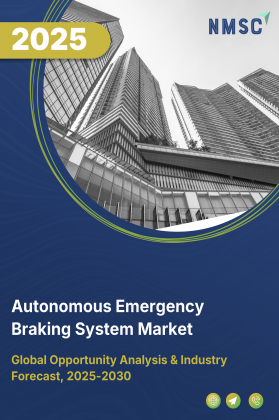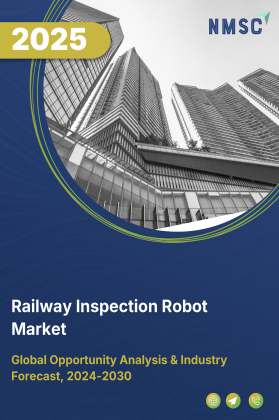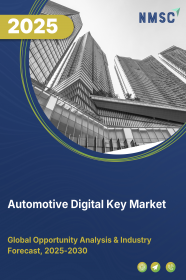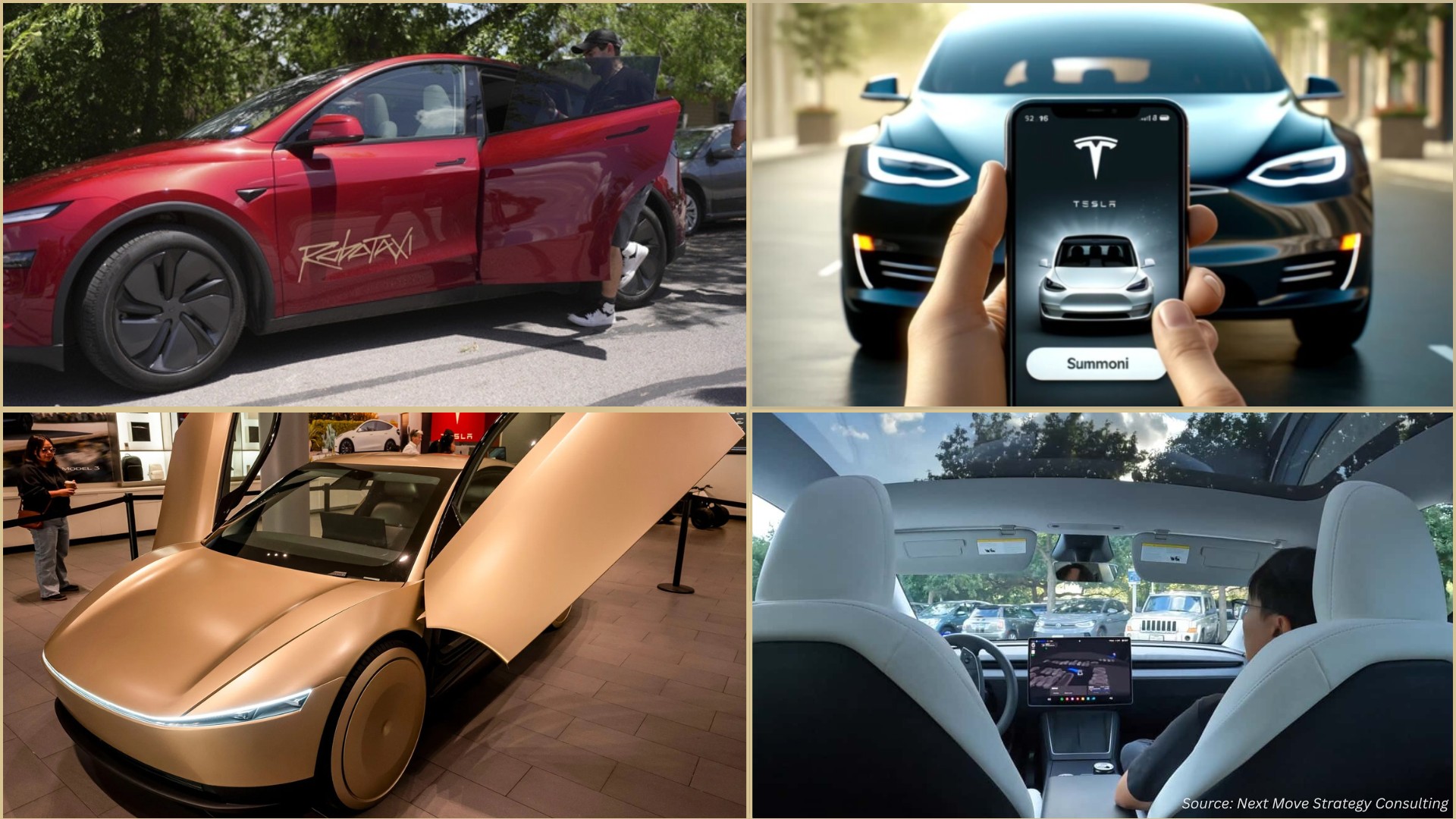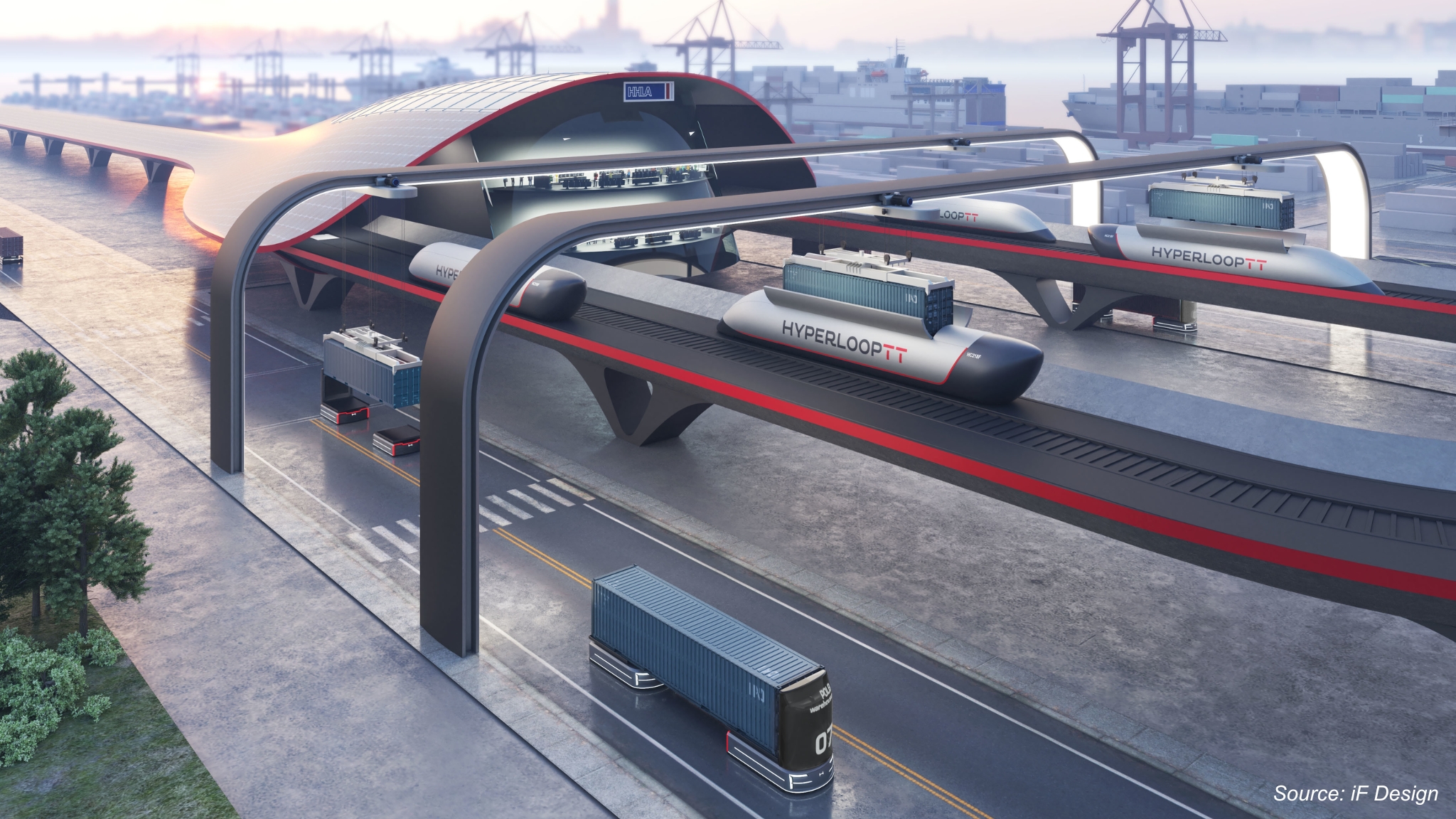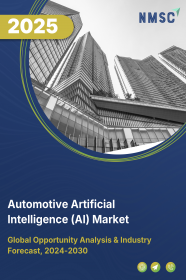
Automotive Artificial Intelligence (AI) Market by Component, (Hardware, Software), by Technology, (Machine Learning, Natural Language Processing, Computer Vision, Context-aware Computing, Others), by Level of Autonomy, (Level 1, Level 2, Level 3, Level 4), by Vehicle Type, (Passenger Vehicles, Commercial Vehicles, Specialized Vehicles) – Global Opportunity Analysis and Industry Forecast, 2024–2030
Industry: Automotive & Transportation | Publish Date: 25-Sep-2025 | No of Pages: 189 | No. of Tables: 293 | No. of Figures: 238 | Format: PDF | Report Code : AT357
Automotive Artificial Intelligence (AI) Market Overview
The global Automotive Artificial Intelligence (AI) Market size was valued at USD 4.29 billion in 2023, and is predicted to reach USD 25.78 billion by 2030, with a CAGR of 29.2% from 2024 to 2030. Automotive Artificial Intelligence, or Automotive AI, refers to the application of machine learning and artificial intelligence technologies in the design, development, and operation of vehicles and related systems within the automotive industry.
Automotive AI encompasses a wide range of applications, including autonomous driving, advanced driver assistance systems (ADAS), predictive maintenance, natural language processing for in-car voice recognition, and improving the overall efficiency and safety of vehicles. This technology enables vehicles to perceive their surroundings, make decisions, and interact with drivers and passengers. This will ultimately enhance the driving experience, safety, and efficiency of automotive systems.
Rising Government Regulations and Safety Concerns Boost the Automotive AI Market
Government regulations and safety standards are key drivers of the automotive AI market growth. Around the world, regulatory bodies are placing a strong emphasis on vehicle safety and reducing emissions. As a result, automakers are increasingly turning to AI-driven solutions to ensure compliance with these standards. This push for compliance ensures that vehicles are safer and more environmentally friendly than before.
Technological Advancements in Automotive AI Fuel the Market Growth
Significant AI advancements are acting as prominent catalysts within the automotive sector. Developments in domains such as machine learning, computer vision, and natural language processing are paving the way for groundbreaking applications in vehicles. These breakthroughs empower automobiles to comprehend and engage with their environments more effectively than before.
They lead to practical features, such as autonomous driving, voice-controlled functionalities, and advanced safety mechanisms. The evolving AI landscape is reshaping the automotive industry, enriching vehicle safety, convenience, and functionality while delivering enhanced and smarter driving experiences to consumers. For instance, in June 2022, AI chipmaker Hailo collaborated with Renesas to enable automotive customers to scale from ADAS to automated driving seamlessly. This collaboration aims to provide advanced AI solutions for the automotive industry.
Data Privacy and High Cost Associated with Automotive AI Restrain the Market Growth
Data privacy concerns and high costs are collectively restraining the growth of the automotive AI market. Consumers worry about how their personal data is collected, used, and protected by AI systems in vehicles. This led to demands for stringent data privacy measures. Additionally, the high development and integration costs of AI in vehicles can result in higher vehicle prices. This, in turn, potentially limits market adoption, especially among cost-conscious consumers. Balancing data privacy and cost considerations is crucial for the widespread acceptance and growth of automotive AI technologies.
The Rising Prevalence of Predictive Maintenance and ADAS Creates Opportunities for the Market
The increasing use of AI, particularly in predictive maintenance and advanced driver assistance systems (ADAS), is poised to open up substantial growth prospects in the automotive industry. AI's ability to predict maintenance needs and enhance safety through ADAS systems is creating a promising avenue for market expansion in the future. This technology improves vehicle reliability and contributes to safer and more efficient driving than before, thus driving market opportunities for growth.
North America Dominates the Automotive AI market
The automotive AI market share in North America is experiencing significant growth, due to the growing interest in self-driving cars combined with a push for safer and more efficient transportation. These factors spurred automakers to invest heavily in AI-driven technologies in the region. According to the Insurance Institute for Highway Safety, there will be 3.5 million autonomous vehicles on American roads by 2025, with the number increasing to 4.5 million by 2030.
These technologies, essential for autonomous navigation, enhance vehicle safety and performance. As a result, the pursuit of autonomous vehicles is fuelling the development and adoption of automotive AI in the U.S. This also makes it a pivotal factor in the market's growth as it meets the evolving needs of American consumers.
Also, the presence of major market players such as NVIDIA and Tesla, Inc. in the region is boosting the growth of the market. They are adopting various strategies, including partnerships. For instance, in May 2023, NVIDIA partnered with MediaTek to introduce MediaTek Intelligent Cabin Solutions, aiming to enhance in-car experiences for consumers.
This collaboration integrates MediaTek's solutions with NVIDIA's automotive AI platform, leading to more interactive and personalized vehicle cabins. This partnership is significant in developing AI-driven automotive technology and creating more intelligent and interactive capabilities for future vehicles.
Asia-Pacific to Show Steady Growth in the Automotive AI Market
Asia-Pacific is expected to witness an increased demand for automotive AI in the coming years, driven by factors such as the rising technological progress in the automotive industry. For instance, in July 2023, Geely introduced the world's first all-scenario AI large model for the automotive industry. This innovation signifies a major technological advancement that enhances various aspects of the automotive experience, such as safety, convenience, and entertainment.
By implementing AI across multiple in-vehicle scenarios, Geely aims to provide a more intelligent and adaptive driving and passenger experience. This step underlines the increasing significance of AI in the automotive sector and its continuous expansion into smart and connected vehicles. This technological advancement is reshaping the future of driving and transportation.
In addition, the automotive AI market in the region is driven by China's prominent role as the largest producer of AI research globally. This leadership position compels companies to invest in AI technologies to align with stringent regional regulations. As a result, the Asia-Pacific automotive AI sector is witnessing a surge in research and innovation, fostering technology advancements and promoting the adoption of AI in the automotive industry to meet regulatory compliance and enhance competitiveness.
For instance, in July 2021, China introduced its inaugural national standards for classifying autonomous driving, establishing official terminology and definitions for self-driving vehicles. Several Chinese cities also authorized the operation of autonomous taxis in specific zones, subject to approval from local authorities. These developments foster a favorable environment for the growth and integration of AI-driven solutions in the automotive sector, positioning Asia-Pacific as a hub for innovation in this field.
Competitive Landscape
Several market players operating in the automotive AI industry include NVIDIA Corporation, Mobileye Global Inc, Qualcomm Technologies, Inc, Robert Bosch GmbH, Continental AG, Aptiv PLC, Huawei Technologies Co., Ltd, DENSO Corporation, ZF Friedrichshafen AG, Valeo SA, Waymo LLC, Aurora Innovation, Inc, NXP Semiconductors N.V, Cerence Inc, Cognata Ltd, and others. These market players are adopting product launches, business expansion, and innovation strategies across various regions to maintain dominance in the global market.
Moreover, in August 2023, Qualcomm Technologies to develop purpose-built vehicle systems using Qualcomm's cutting-edge technologies. This partnership aims to create advanced in-car experiences, including rich infotainment, cockpit, and driver assistance systems.
Automotive Artificial Intelligence (AI) Market Key Segments
By Component
-
Hardware
-
Graphics Processing Units (GPU)
-
Microprocessors (ASIC/CPU)
-
Field Programmable Gate Array (FPGA)
-
Memory and Storage Systems
-
Sensors (Camera, LiDAR, Radar, Biometric)
-
Connectivity Hardware (V2X)
-
Others
-
-
Software
-
AI Frameworks/Tools
-
Embedded OS
-
Sensor Fusion Middleware
-
Other Software
-
By Technology
-
Machine Learning
-
Natural Language Processing
-
Computer Vision
-
Context-aware Computing
-
Others
By Level Of Autonomy
-
Level 1
-
Level 2
-
Level 3
-
Level 4
By Vehicle Type
-
Passenger Vehicles
-
Commercial Vehicles
-
Specialized Vehicles
By Region
-
North America
-
The U.S.
-
Canada
-
Mexico
-
-
Europe
-
The U.K.
-
Germany
-
France
-
Italy
-
Spain
-
Denmark
-
Netherlands
-
Finland
-
Sweden
-
Norway
-
Russia
-
Rest of Europe
-
-
Asia-Pacific
-
China
-
Japan
-
India
-
South Korea
-
Australia
-
Indonesia
-
Singapore
-
Taiwan
-
Thailand
-
Rest of Asia-Pacific
-
-
Rest of the World (RoW)
-
Latin America
-
Middle East
-
Africa
-
Key Players
-
NVIDIA Corporation
-
Mobileye Global Inc.
-
Qualcomm Technologies, Inc.
-
Robert Bosch GmbH
-
Continental AG
-
Aptiv PLC
-
Huawei Technologies Co., Ltd.
-
DENSO Corporation
-
ZF Friedrichshafen AG
-
Valeo SA
-
Waymo LLC
-
Aurora Innovation, Inc.
-
NXP Semiconductors N.V.
-
Cerence Inc.
-
Cognata Ltd.
Report Scope and Segmentation
|
Parameters |
Details |
|
Market Size in 2023 |
USD 4.29 Billion |
|
Revenue Forecast in 2030 |
USD 25.78 Billion |
|
Growth Rate |
CAGR of 29.2% from 2024 to 2030 |
|
Analysis Period |
2023–2030 |
|
Base Year Considered |
2023 |
|
Forecast Period |
2024–2030 |
|
Market Size Estimation |
Billion (USD) |
|
Growth Factors |
|
|
Countries Covered |
28 |
|
Companies Profiled |
15 |
|
Market Share |
Available for 10 companies |
|
Customization Scope |
Free customization (equivalent up to 80 working hours of analysts) after purchase. Addition or alteration to country, regional, and segment scope. |
|
Pricing and Purchase Options |
Avail customized purchase options to meet your exact research needs. |

















 Speak to Our Analyst
Speak to Our Analyst



